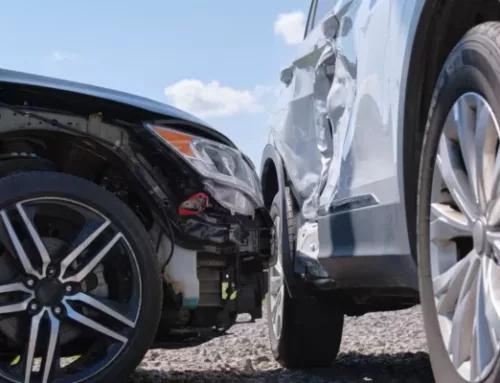Almost all West Virginia employers are required to have workers’ compensation insurance. Not only does the West Virginia workers’ compensation system benefits employees who obtained injury or illness from their work, but it also helps provide protection to the business from liability in work-related incidents.
These days, employers can purchase workers’ comp insurance from private providers, but prior to 2006, employers had to get coverage through the state.
Workers’ Comp Coverage and Requirements
As mentioned, a workers’ comp policy is designed to protect both the business and its employees in case of work-related injury or illness, e.g. getting hurt from slipping on the wet office floor, suffering from carpal tunnel syndrome from years of computer work, or developing respiratory problems from working in poorly ventilated areas. Workers’ comp insurance helps cover medical costs as well as replace some missed wages or altogether provide disability payments in the occasion that they cannot return to work.
A certificate of insurance presents proof of coverage since West Virginia law requires that a business and its employees be covered by workers’ compensation. What is typically included in the coverage of a workers’ compensation policy?
- Repetitive stress injuries incurred over time, e.g. carpal tunnel syndrome.
- Ongoing care costs to help employees recover from work-related illness or injury, e.g. rehabilitation, surgery, etc.
- Missed wages in case of absence from work due to a job-related illness or injury.
- Disability payments in instances where employees are unable to resume work.
- Travel expenses in trips taken for treatments of job-related illness or injury (consult the WV Purchasing Division’s State Travel Policy to find out what travel expenses are covered in workers’ comp).
- Funeral costs in case of work-related death.
WV Workers’ Compensation Exemptions
 West Virginia workers’ compensation laws require that almost all businesses carry workers’ compensation. What are the exceptions?
West Virginia workers’ compensation laws require that almost all businesses carry workers’ compensation. What are the exceptions?
- Agricultural services with fewer than six full-time employees.
- Casual employers with employees who don’t have guaranteed or regular work hours.
- Church employers.
- Domestic service employers.
- Employers who received an exemption letter from the WV insurance commissioner.
- Employers with employees receiving federal Longshore and Harbor Workers’ Compensation Act benefits.
- Organized professional sports employers.
- Volunteer police auxiliary units or volunteer rescue squads.
Take note that employers don’t have to provide workers’ comp for independent contractors they use, but they may have to prove that these workers have:
- Their own separate business with a permit or license for the kind of service they provide.
- Control over when they work or how they get the work done.
- No employer for whom they exclusively work or from whom they receive supervision.
- Their own equipment to use.
WV Workers’ Compensation and Disability
An employee who incurred a work-related illness or injury may receive up to two-thirds of their average weekly earnings pre-injury. They get temporary total disability benefits when they can’t work for more than three consecutive calendar days. To get the benefits for the first three missed days, they would have to have been unable to work for more than seven consecutive calendar days.
WV Workers’ Compensation Rates
The rates for West Virginia workers’ compensation insurance vary depending on different factors, but mainly on the risks faced by the business and its employees. Other contributing elements include:
- Business experience
- Claims history
- Class codes
- Payroll amount
Those who can’t get a private insurance carrier to provide workers’ compensation coverage may have to turn to the Residual Market or “Assigned Risk Plan” administered by the WV National Council on Compensation Insurance, but this typically has higher rates. Application for this requires that a business must:
- Allow access for records inspection.
- Comply with health, loss prevention, premier audit, and safety standards.
- Have no unpaid bills with other workers’ comp insurance company.
- Show at least two declines from private workers’ comp insurance carriers.
WV Workers’ Compensation Claims
To file a workers’ compensation claim, an employee must first notify the employer of a work-related illness or injury. When immediate medical care is necessary, the notification must be done immediately, followed by the employee filing a workers’ comp claim or requesting the employer to file a claim for him or her. The employer has five days after learning of the illness or injury to file a report with the insurance company.
Need Help Filing Workers’ Compensation Claims in West Virginia? Contact a WV Personal Injury Attorney Today!
We can assist and advise you on matters involving worker’s compensation. Call us at Ghaphery Law Offices, PLLC to speak with an experienced personal injury lawyer.






